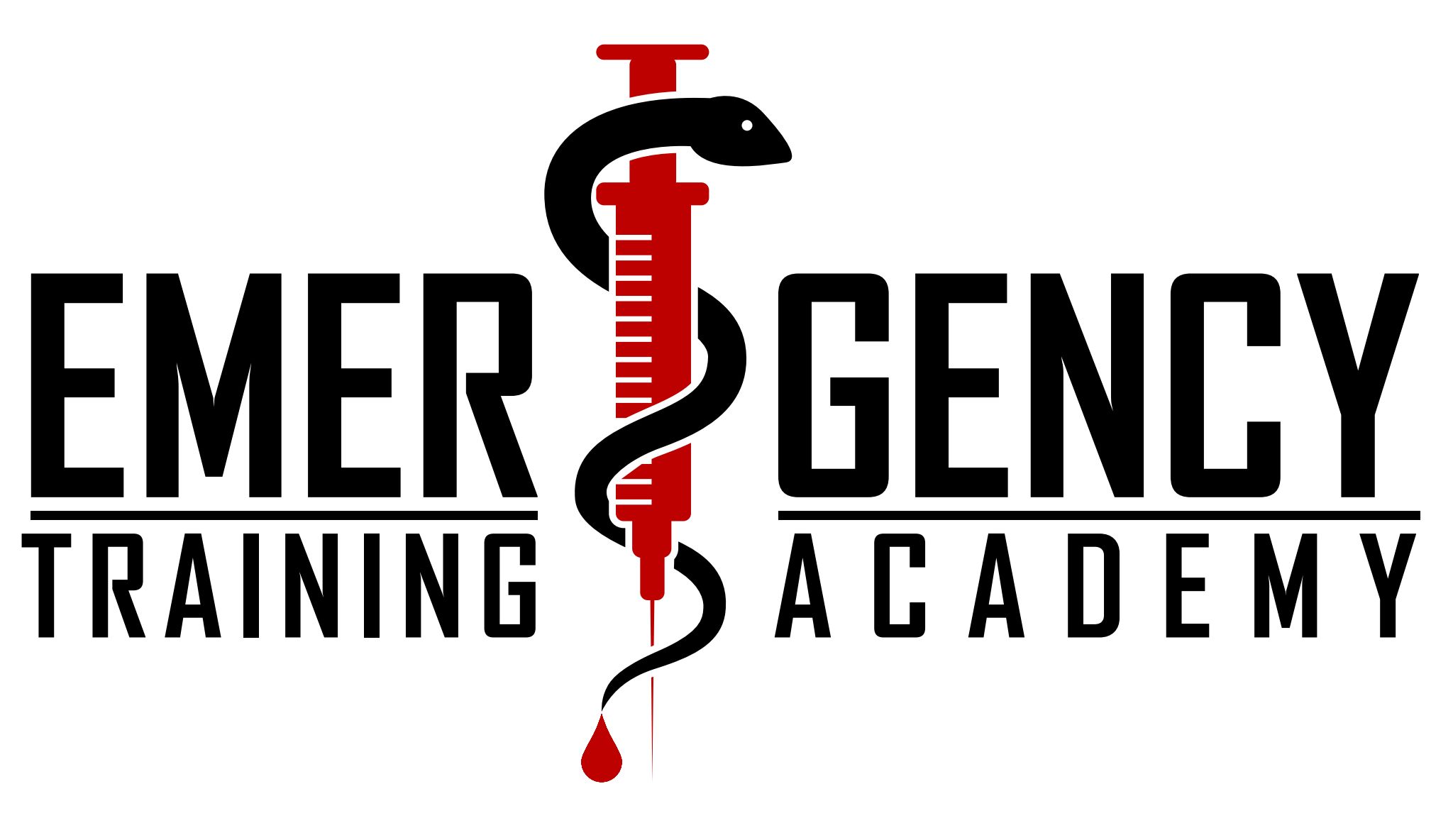Week 3 Discussion Board
Inspirational Online Speech Discussion
Video Link: Why We Do What We Do – Tony Robbins TED Talk
Why This Speech Inspired Me
Tony Robbins’s TED Talk, “Why We Do What We Do,” deeply resonated with me. In this speech, Robbins explores the invisible forces that shape our behaviors—the emotional needs that drive our actions. His insight into how beliefs are formed and how they fuel personal motivation popped for me at multiple levels.
I found myself especially drawn to Robbins’s energy and conviction. His tone fluctuates between thoughtful and intense, mirroring our internal emotional landscapes. The contrast of calm, reflective pauses with more powerful moments keeps listeners engaged and attentive throughout.
What Captured My Attention
- Relatable Examples
Robbins uses personal stories and vivid scenarios that feel universal—challenges, breakthroughs, growth. The audience hears, “This could be me.” - Strategic Pauses and Pacing
He slows down to emphasize key ideas, leading me to lean in. When he speeds up, it communicates passion and urgency—making his message feel alive. - Engaging Body Language
Although this is a TED Talk, Robbins isn’t static. He moves purposefully across the stage, using his whole presence to reinforce key points and keep us visually engaged. - Clear Structure
The speech gracefully transitions from identifying basic human needs to demonstrating how they manifest in behavior. This helps (re)frame my thinking about my personal and professional motivations.
Application to My Work in EMS
The topic of belief systems and emotional motivation applies directly to leadership roles within public safety. Here’s how I can apply Robbins’s techniques:
- Training Sessions: By explaining why certain procedures matter on an emotional level (saving lives, personal growth), I can move beyond “just follow this protocol” and tap into intrinsic motivation.
- Team Motivation: During shift briefings, framing motivations through shared values can foster a stronger connection and commitment among team members.
- Self-Improvement: Robbins’s insights help me reflect on my performance triggers, improving how I respond to stress, setbacks, and team pressures.
Robbins demonstrates that when speeches connect to core emotions and values, they don’t just inform—they transform.
[bbp-single-forum id=20535]